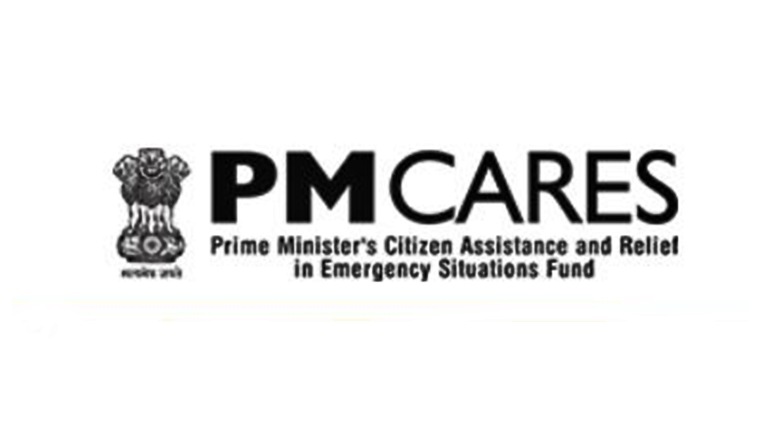 The Supreme Court reserved its order Monday on a petition seeking transfer of money received in the PM CARES Fund to the National Disaster Response Fund, a plea opposed by the Centre. (File photo)
The Supreme Court reserved its order Monday on a petition seeking transfer of money received in the PM CARES Fund to the National Disaster Response Fund, a plea opposed by the Centre. (File photo)
The Supreme Court reserved its order Monday on a petition seeking transfer of money received in the PM CARES Fund to the National Disaster Response Fund, a plea opposed by the Centre. The petitioner alleged it was created to circumvent the National Disaster Management Act.
“It’s a public charitable trust and any private individual who wants to contribute can contribute to it,” Solicitor General Tushar Mehta told a bench of Justices Ashok Bhushan, R Subhash Reddy and M R Shah, adding that “all government contributions will go to NDRF only”.
Appearing for the petitioner, NGO Centre for Public Interest Litigation, senior advocate Dushyant Dave said “nobody is doubting the bona fides of anybody. Our argument is you are circumventing the Act which mandates the executive to first exhaust the National Disaster Response Fund”.
The NDRF, said Dave, has to be audited by the Comptroller and Auditor General (CAG) while “PM CARES is audited by some private auditor”. He said, “this government believes in transparency”, and that PM CARES Fund should at least have been audited by the CAG.
“Our case is this is to circumvent NDMA… This is a fraud on the Constitution. All we are saying it’s subject to public scrutiny… It’s entitled to Income Tax exemption,” Dave said, adding “our argument is this could never have been done under the Act”.
Senior advocate Kapil Sibal, who was appearing in a connected matter related to drawing up a national disaster management plan, said contributions to PM CARES are eligible for CSR benefits and wondered why then will corporates and others donate to the NDRF.
Mehta pointed out that CSR benefits are also available for donations to NDRF.
Reserving its order, the bench gave Dave and Mehta three more days to file additional written arguments, if any, on this.
The Centre, in its affidavit filed in the matter, defended the creation of the PM CARES Fund which accepts funds for Covid relief operations and opposed the transfer of these funds to the NDRF. The government said “there does exist a National Disaster Response Fund as stipulated under Section 46 of Disaster Management (DM) Act, 2005 which so far consisted of the fund in the form of budgetary provisions made by the Central Government in NDRF and State Governments and Central Government in State Disaster Response Funds without any private contribution”.
It said “there are several funds which are either established earlier or now for carrying out various relief works. PM CARES is one such fund with voluntary donations” and that “mere existence of a statutory fund would not prohibit creation of a different fund like PM CARES Fund which provides for voluntary donations”.
The bench also heard arguments on the response to the problems caused to migrant labour because of the lockdown and the plea for drawing up a disaster management plan.
Mehta submitted that transport facilities have already resumed across the country and that there has been no demand for special trains in the last 20 days.
The bench, however, referred to some applications pointing out that there is still migrant labour stuck in Maharashtra.
“There may be people who don’t have money,” observed Justice Shah.
The bench said if there is anyone left stranded, they should be sent home and that it will pass necessary orders.
Mehta said the “difficulty is some organisations give names. When we go for personal verification, they say they don’t even know their names are included”.